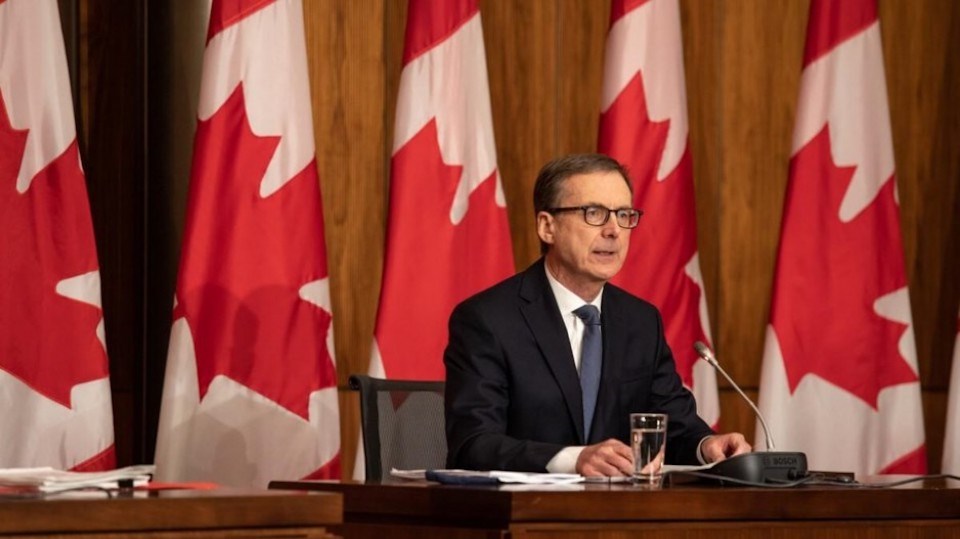The Bank of Canada raised its key rate 50 basis points Wednesday as it contends with decades-high inflation levels.
The latest hike brings the overnight rate up to 1.5 per cent following another hike of 50 basis points back in April. Inflation levels reached 6.8 per cent that same month.
The central bank typically raises its overnight rate by 25 basis points at a time, but the Bank of Canada has put in a position of deploying larger-than-normal hikes as it tries to tamp down on inflation.
“The Russian invasion of Ukraine, China’s COVID-related lockdowns and ongoing supply disruptions are all weighing on activity and boosting inflation,” the Bank of Canada said in its policy decision.
“The war has increased uncertainty and is putting further upward pressure on prices for energy and agricultural commodities. This is dampening the outlook.”
The B.C. industry most directly affected by the rate-hike be real estate, as a hike in the overnight rate inevitably means higher mortgages rates when people renew or tap their first mortgage.
B.C. home sales plummeted 35 per cent back in April amid the last rate-hike.
There had been concerns inflation was becoming increasingly problematic long before Russia’s invasion of Ukraine or China’s recent COVID-19 lockdowns.
Going into 2022, the overnight rate had been sitting at 0.25 per cent since the outset of the pandemic as the central bank aimed to inject cheap capital into the economy as the COVID-19 crisis unfolded.
The federal government had also been earmarking billions of dollars to keep business activity charged amid the uncertainty.
As demand for services such as tourist activities or in-person events dropped during the pandemic, many Canadians found themselves sitting on additional savings and directed much of their dollars towards buying goods. That in turn put pressure on prices.
The global economy also bounced back significantly in 2021, putting further demand on labour markets after many had been laid off the year before.
The additional demand for labour has put pressure on wages as well.
“With the economy in excess demand, and inflation persisting well above target and expected to move higher in the near term, the Governing Council continues to judge that interest rates will need to rise further,” the Bank of Canada stated.
More to come …



